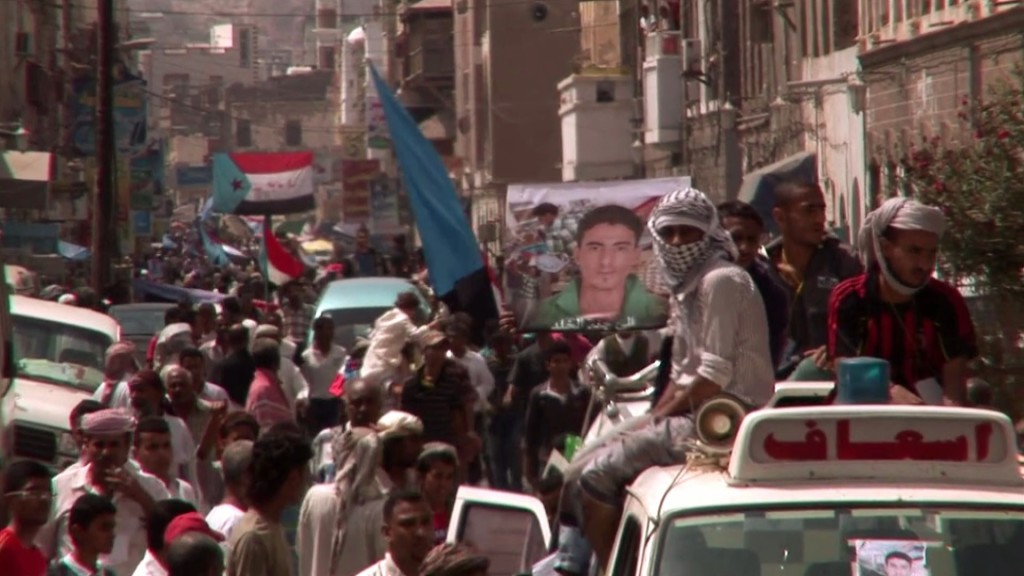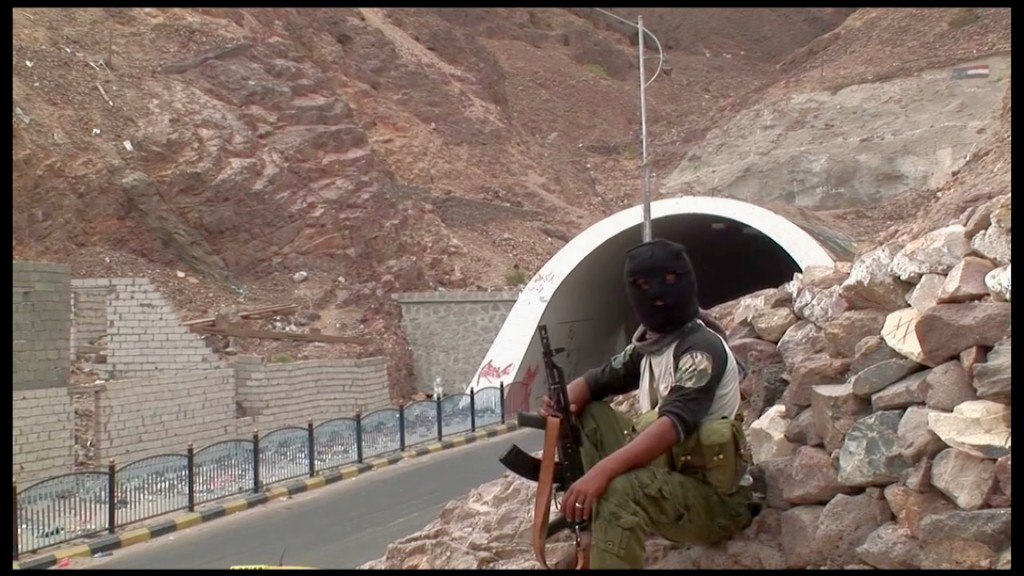Can “Friends of Yemen” Help Solve Country’s Deeply Rooted Problems?

May 23, 2012
Share
Led by the United Kingdom and Saudi Arabia, a block of 20 countries and intergovernmental organizations dubbed the “Friends of Yemen” met in Riyadh today to pledge $4 billion in assistance to the Arab world’s poorest country to help fight terrorism and develop its economy.
While Al Qaeda’s burgeoning presence and concerns about the country’s fragile new government keep Yemen in the news, its growing and complicated humanitarian problems receive fewer headlines.
Yesterday, seven aid organizations issued a joint warning that Yemen was “on the brink of a catastrophic food crisis,” with 10 million Yemenis, or 44 percent of the population, undernourished and 5 million in need of emergency aid. The organizations argued that today’s donor conference is a critical opportunity to help stave off impending famine.
“Unless urgent humanitarian action is taken, Yemen will be plunged into a hunger crisis of catastrophic proportions,” said Jerry Farrell, Save the Children’s Yemen director.
The country also faces a severe water shortage and is coping with half a million Yemenis who have been displaced by internal political unrest, as well as 300,000 refugees from Somalia and the Horn of Africa.
Saudi Arabia pledged $3.25 billion in assistance to its neighbor at today’s conference, but did not specify what the funds would be directed towards. The two countries share a nearly 1,000-mile border and Saudi Arabia has expressed concerns about insurgent spillover.
Britain pledged an additional $44 million, emphasizing that the money should be directed at the humanitarian crisis, and to help the country recover from years of political instability. Yemen’s new President Abdu Rabbu Mansour Hadi came to power in February under a U.S.-backed peace plan pushed by the country’s Gulf Arab neighbors, after protests against his predecessor Ali Abdullah Saleh escalated last year.
Yesterday the U.S. State Department released data on the $73 million in humanitarian assistance it is providing to Yemen this fiscal year, including food vouchers, nutrition programs, medical clinics and livelihood programs. The U.S. has also provided considerable funding to fight terrorism over the past decade — in 2010, that included $176 million in training and other military assistance to Yemen — but those numbers fell to $30 million in 2011 after then-President Saleh authorized violence against political protesters.
Related Documentaries
Latest Documentaries
Related Stories
Related Stories
Explore
Policies
Teacher Center
Funding for FRONTLINE is provided through the support of PBS viewers and by the Corporation for Public Broadcasting, with major support from Ford Foundation. Additional funding is provided the Abrams Foundation, Park Foundation, John D. and Catherine T. MacArthur Foundation, Heising-Simons Foundation, and the FRONTLINE Trust, with major support from Jon and Jo Ann Hagler on behalf of the Jon L. Hagler Foundation, and additional support from Koo and Patricia Yuen. FRONTLINE is a registered trademark of WGBH Educational Foundation. Web Site Copyright ©1995-2025 WGBH Educational Foundation. PBS is a 501(c)(3) not-for-profit organization.





















